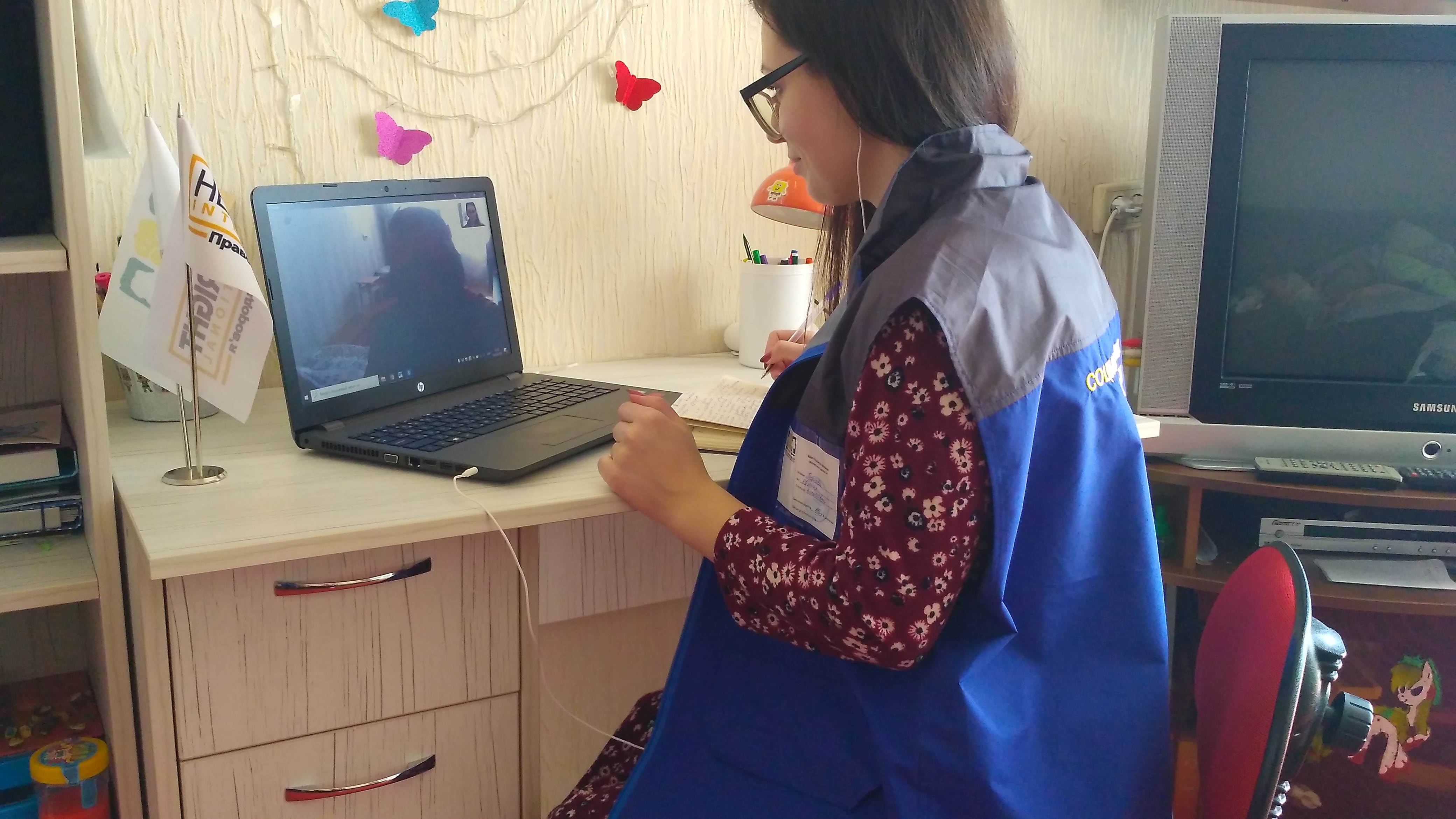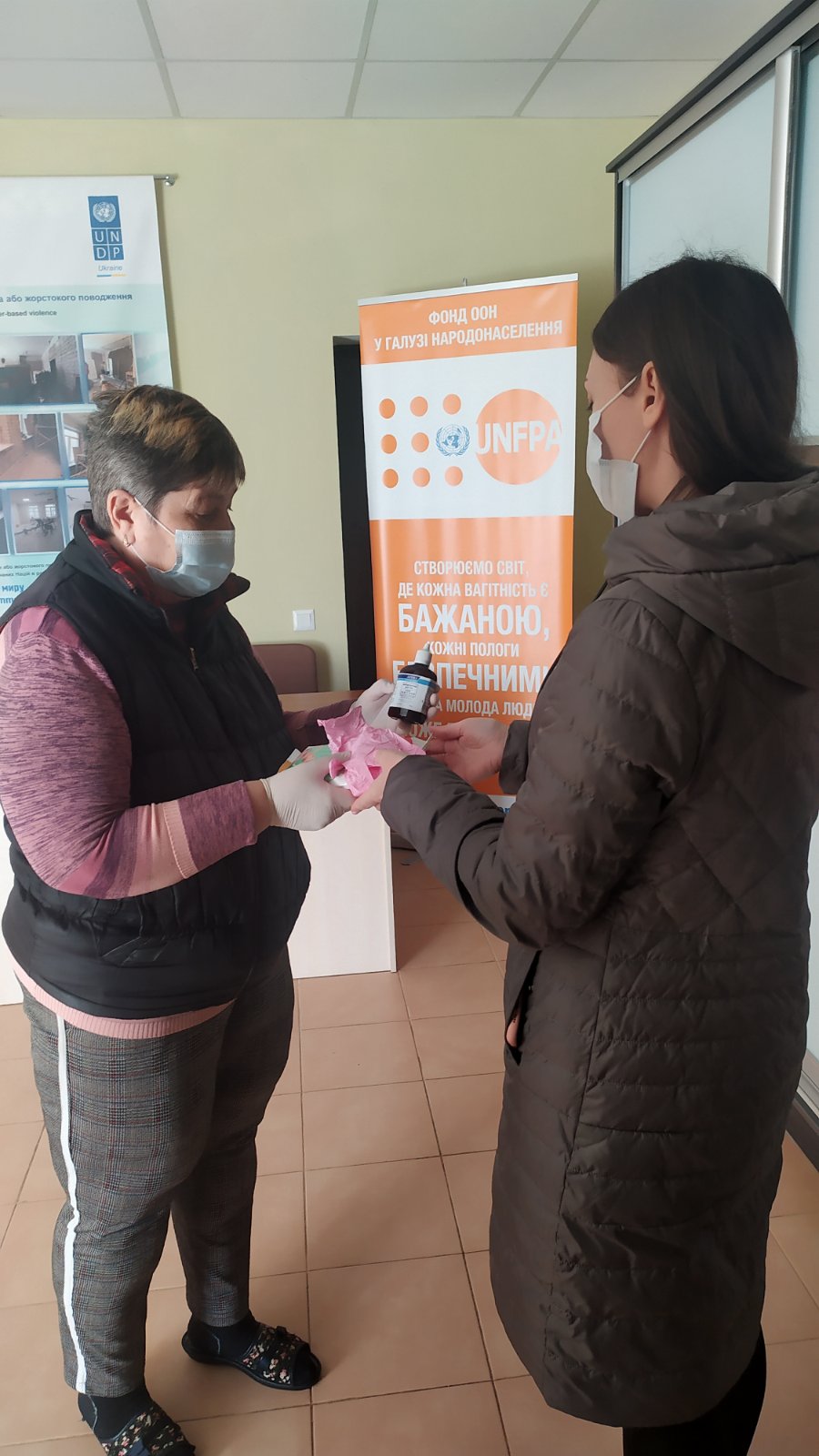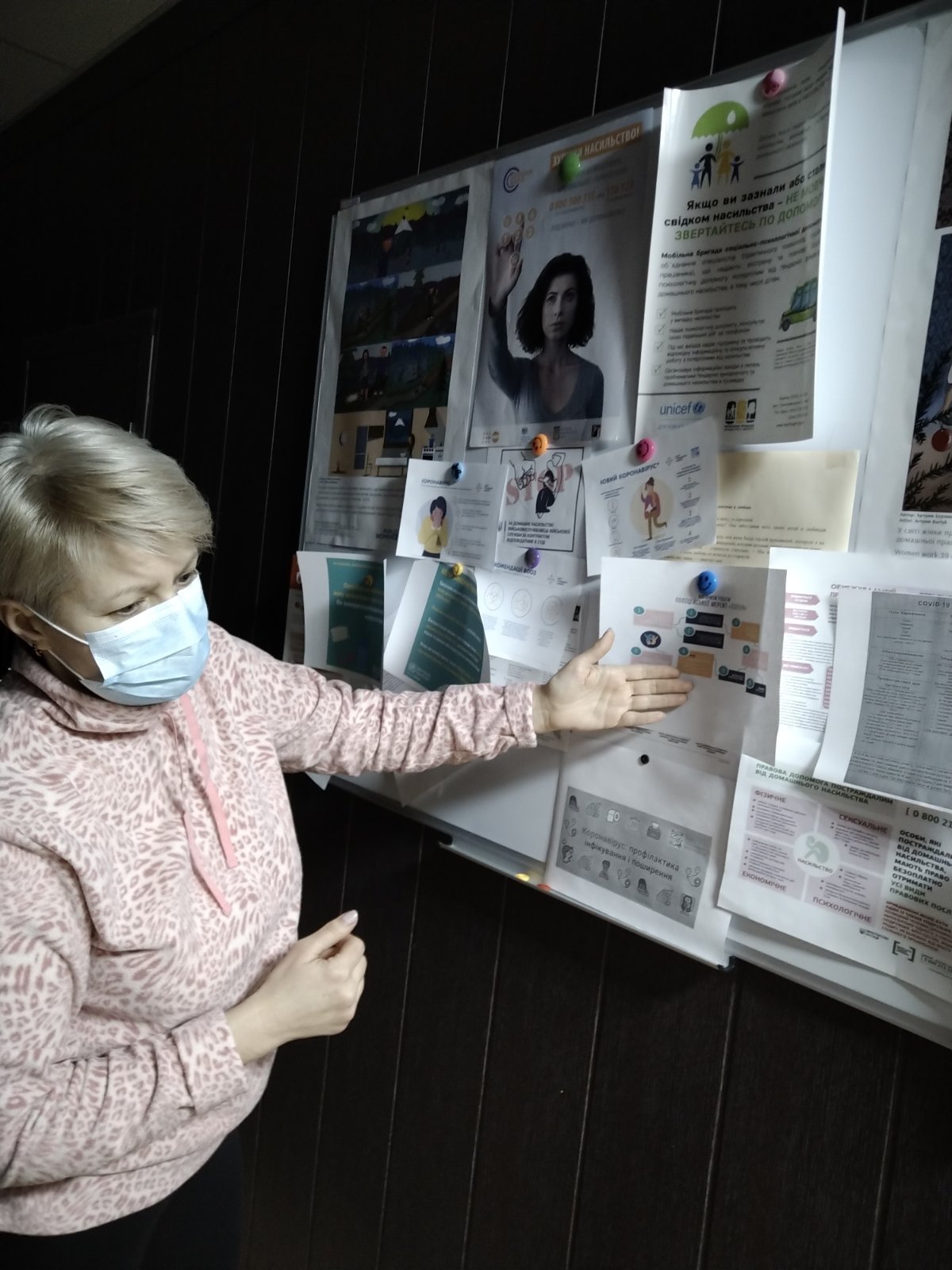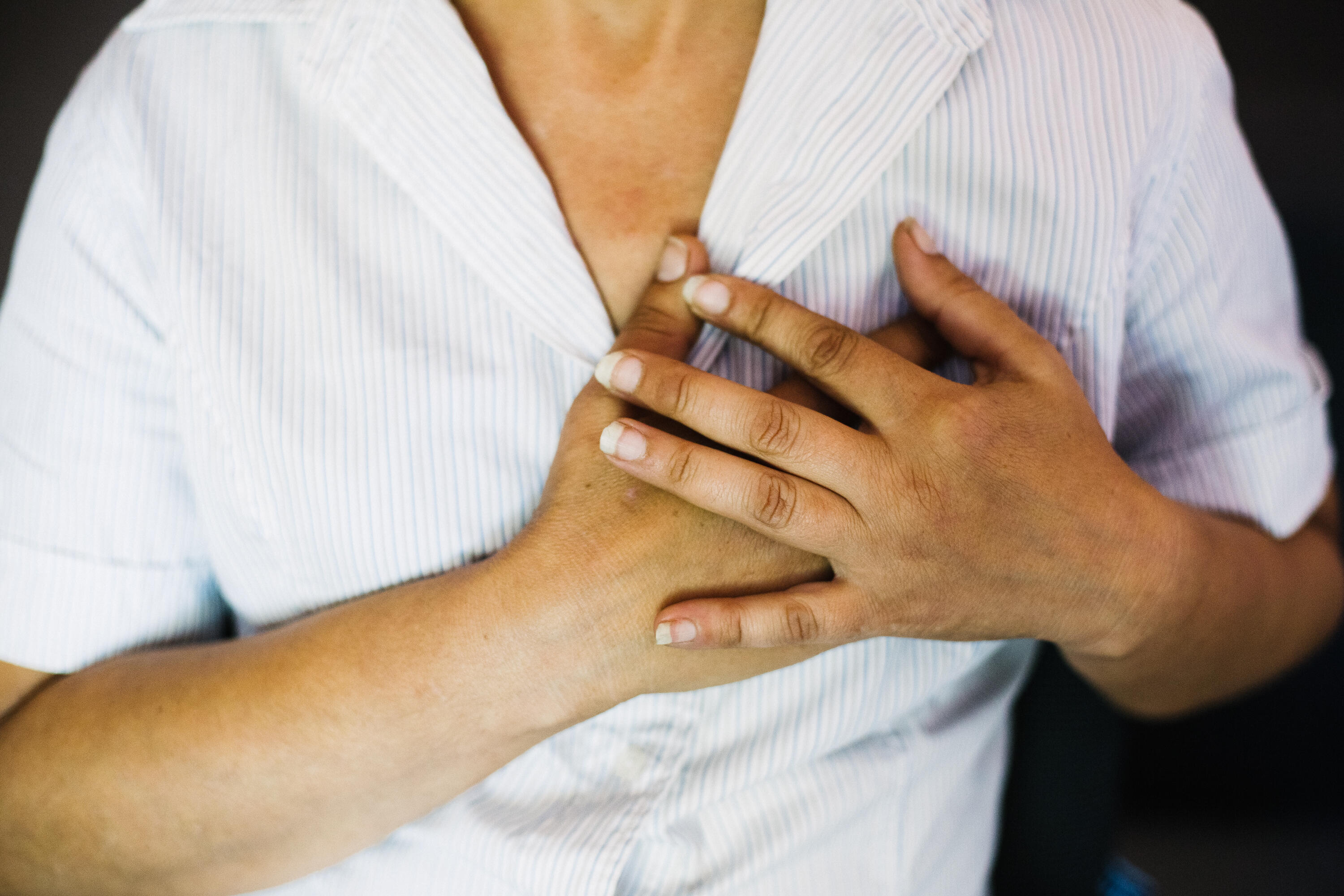One by one, countries that have declared a quarantine due to the COVID-19 pandemic, report an alarming rise in domestic abuse. Unfortunately, forced isolation does not mean safety for all women as shown by the 30-40% increase in the number of domestic violence calls in Italy, France, Germany, and the United Kingdom. Ukraine, where the United Nations Population Fund has been implementing a large scale program on combating domestic and gender-based violence for the last five years, is no exception.
According to the National Hotline on Domestic violence combatting, the peak of calls occurred on March 18, 2020. That was the date when the government canceled transport links between cities and tightened quarantine restrictions. In the last two weeks alone, the National Hotline received over 500 calls, which is a 50% increase from the usual figures.
The hotline consultants provide psychological support, legal and informational counseling not only by telephone. “During the quarantine period, a phone call to the hotline itself can prompt partner aggression. Together with UNFPA Ukraine, we actively share information about the possibility to receive an online consultation within the Break the Circle information campaign. You can get help via Skype, our Facebook messenger, through email, or a feedback form on our website,” comments Alona Krivuliak, Director of Hotlines Department.
The 24-hour helpline provided by the United Nations Population Fund in the last four years plays an essential role. According to statistics, 63% of all calls come in the night shift. During the quarantine period, night often becomes a safe time for a call to many women. The calls from the abusers also mostly come at night. Consultants help them to develop individual plans of action for managing anger and calming down in a crisis, and give advice on how to build non-violent relations with their spouses, children, or parents.

At the national level, 45 mobile police teams and the Government Domestic Violence Hotline continue to operate as usual. These assistance models were only recently launched (in 2019 and 2020 respectively) and piloted with the support of UNFPA.
Other models of services for survivors of domestic violence created within the UNFPA program have also been readjusted for these difficult times.
Daycare centers and shelters continue to operate throughout the country. Five existing centers converted their consulting services to clients into telephone mode. And seven out of eight shelters continue to provide their services during quarantine, while only one shelter in Mariupol stopped accepting new clients by the decision of the local authorities. A medical certificate and a physician’s conclusion about the absence of SARS of flu symptoms are now required for the admission of new survivors to the shelters.

Six mobile psychosocial teams working under the UNFPA Ukraine program with the support of the United Kingdom Government continue to assist ATO/OOS participants and their families in Kyiv and Mykolaiv oblasts. Through Skype, Viber, and phone, the teams advise couples and veterans’ spouses on emotional climate management during quarantine and organize online support groups for ATO/OOS combatants and their families for learning together how to overcome difficulties and receive psychological counseling.
Psychologist and coordinator of one of the UNFPA Ukraine mobile teams, Julia Mudra recalls one of the recent cases she worked with during the quarantine period.
“A woman turned to us for help. There was an emotional strain in relations with her husband who is the military serviceman. She had our phone number from one of our previous scheduled visits, and she decided to call us before the situation with her husband gets worse. We immediately started working with their family. This allowed to steer clear of physical violence situations and helped stabilize their relationship,” says the expert.

Together with partners, UNFPA Ukraine continues to work on the challenges posed by the pandemic, which is not only striking with the virus itself, but also exacerbating existing social problems. Domestic violence is one of them, and requires continued focus o attention from the state and society.


